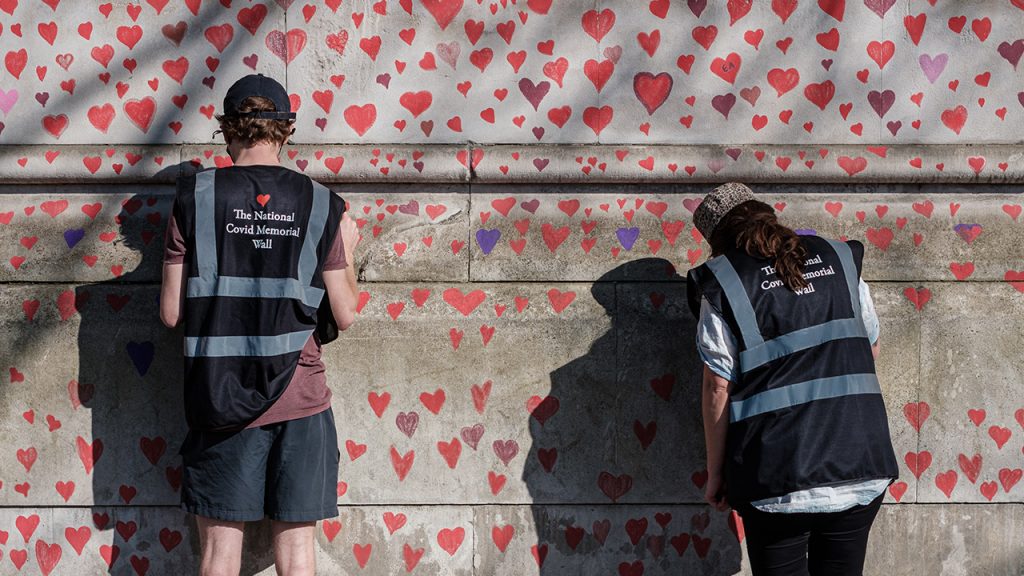The above question should be seen as a rhetorical one. There are many variables that we cannot predict in order to reach safe conclusions. After all, making predictions is dangerous, because they might not come true and prove the scientific community noncredible. In that case, one should reflect on the current situation and think about the future on a short scale. The narrative for granted freedom after the COVID-19 vaccine came out has been proven wrong. The demand for vaccines all around the world is nearly impossible to be met. For this reason, when someone talks about the evolvement of the current pandemic they have to examine it on a short scale judging on the findings week by week. But what about the further future? How should the international community deal with it in the future?
Vaccines have proven that they are effective and have flattened the curve of deaths or new cases in many regions. BUT the rate of vaccination is not sufficient to set the transmission of COVID-19 to a halt. Unequal access to vaccines, new variants of the virus, and the possibility of those mutated variants being resistant to vaccines might delay the process of moving forward and leave this pandemic behind. As long as the supply of vaccines cannot meet the worldwide demand for simultaneous vaccinations it is almost inevitable that the new variants will slowly spread all around the world. Of course, no one can blame the pharmaceutical industry for being slow on production. The vaccination of 7.8 billion people is not something that happens instantly.
For this reason, we should take a look at the international community. Probably there lays the source of miscommunicating what the pandemic is about. Viruses cannot understand or see borders. The fact that one state’s population is vaccinated does not render them safe from an infection in the future from a new variant. Consequently, powerful states should leave their greediness behind and understand that fighting COVID-19 is a collective struggle and the vaccines are a social good that should be distributed in an even manner. This might seem like a utopian scenario, that does not represent how the world works. It is entirely true that the world does not work like that. Would it not be wiser though for the international community to reconsider how the distribution of vaccines should be arranged in the future?
Most likely international relations and how states operate internationally will not change over a pandemic. People should not have huge expectations on that. Power politics rule the world and that will continue to be the case as long as all states see more profit in the zero-sum game rather than international cooperation. Cases that prove the above argument are the ones that make the big news. The negotiations for a deal between the EU and numerous pharmaceuticals for more vaccination doses or the blockade of medical equipment to reach certain states do not raise hope for global coordination and cooperation over the pandemic.
States, in that case, should at least prepare their critical infrastructure and citizens for something that will not go away that easily regardless of any international miscommunication. According to how the pandemic is evolving we should not take anything for granted. As long as COVID-19 does not mutate to a more harmless flu as H1N1 did, states should not be complacent. They should build upon their medical public services on a proactive level to deal with any new spikes that might occur and prepare their citizens for it through a narrative that will explain that the pandemic is a new reality. It is easier in a moment of a continuous crisis to speak the truth rather than sell convenient lies that will hit back soon. Adjusting to this reality in a more gentle way rather than the constant hard lockdowns would give the perception of being close to what used to be normal.
Citizens should take serious personal responsibility for their behavior and be prepared for this crisis to continue longer than they might expect. It is going to be a long time until masks drop out of sight or until night clubs re-open. Receiving degrees via mail or seeing our colleagues over zoom is the new norm that we should accept for the time being.
by Miltiadis Lapatsanis
